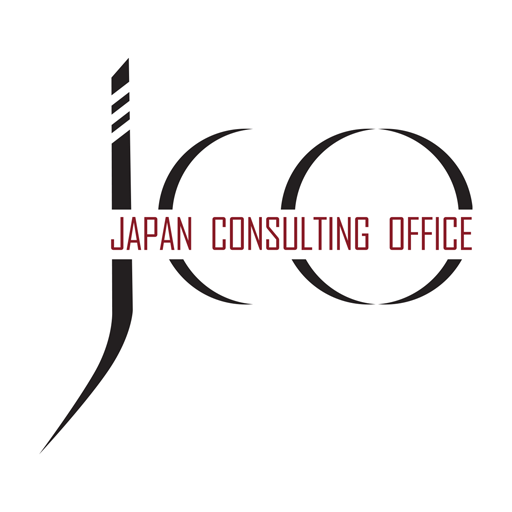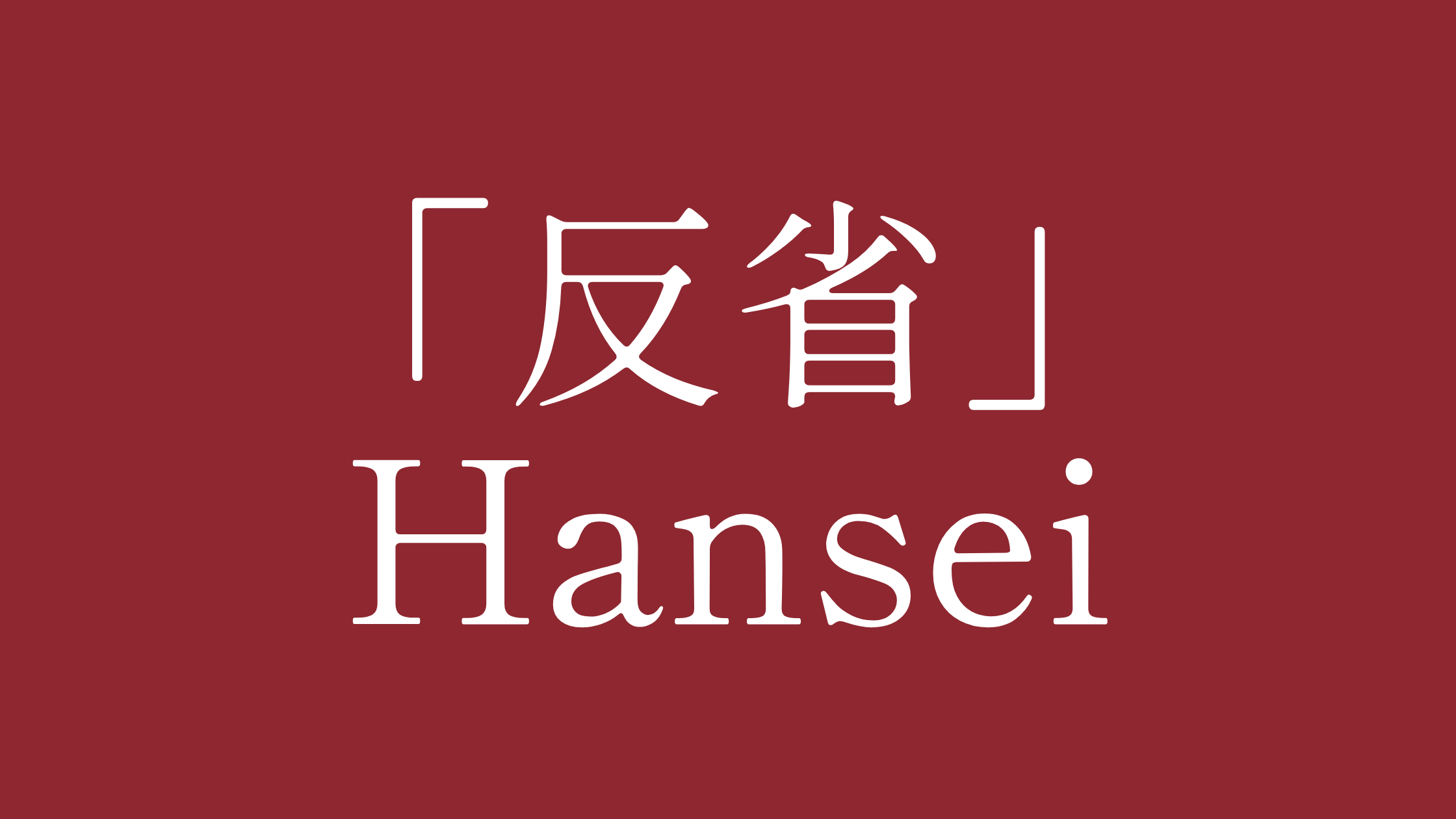
(This is a translation of a JCO article in Japanese written for expatriate management):
Trust is a cornerstone of Japanese companies. The relationships between customer and supplier, as well as those between managers and subordinates, are deeply rooted in this trust. It is part of the very fabric of Japanese business culture.
I was reminded of this when the HR head of a well-known Japanese company in Germany contacted me with an interesting question:
How could he help his Japanese expatriate managers understand that, in Europe, employees cannot be easily dismissed, even when trust has been damaged to the point that continued collaboration feels impossible?
This question prompted deep reflection on my part. After all, dismissing employees in Japan has traditionally been even more difficult and uncommon than in Europe.
The first thought that came to mind was: Why did these Japanese executives expect it to be relatively easy? Perhaps there was an assumption that the European framework for employment and dismissal was similar to the American one where hiring and firing are more flexible and common. Of course, anyone familiar with European labour law knows this is far from true.
I also wondered if there might be an emotional component at play. Even though Japan’s work culture has evolved in recent years, the level of dedication and identification employees feel toward their company and team remains exceptionally strong. It may be that some Japanese managers feel personally disappointed when, from a Japanese point of view, European employees seem less loyal or committed, leading to a stronger desire to part ways quickly once trust is broken.
However, it is crucial to understand that in Europe, managers carry very different responsibilities when it comes to employee relations.
The European Approach to Employee Feedback
Take Germany, for example. When an employee’s performance or behaviour becomes an issue, there is a structured process that must be followed before termination can even be considered.
The underlying assumption is that employees deserve to be explicitly informed about the problem — and given a fair chance to improve.
That is why continuous feedback plays such an important role. One could compare it to shifting gears in a manual car: The first verbal feedback is soft — like first gear.
If there’s no improvement, the manager “shifts up” — second and third gear — gradually becoming firmer and more specific about expectations and consequences.
To provide this kind of consistent and structured feedback requires confidence and clarity. It is one of the key managerial skills expected at all levels of leadership in Europe.
In contrast to the U.S., where top-down decisions are more common, European managers cannot simply hand down orders. Success depends on continuous dialogue with one’s team and direct reports.
The Role of HR and Documentation
Another point that is often underestimated is the importance of involving HR early in the process.
In countries like Germany, dismissing an employee without prior warnings is not legally possible. HR must be informed of the “gear” the manager is currently in — that is, how far the feedback process has progressed.
From the third gear onward, HR should typically be involved in all communications to help determine when a formal written warning is appropriate. Without clear documentation showing that the company gave the employee multiple opportunities to improve, it becomes extremely difficult to defend a dismissal in court. As experience shows, such cases can be costly and time-consuming for the company.
A Shift in Perspective
So perhaps the more fitting question is not: > “Why can’t I fire someone quickly once it’s clear we can no longer work together?”
But rather:
“What do I, as a Japanese manager or executive, need to learn to communicate clearly with both employees and HR — so that everyone understands the situation early, and no one faces unpleasant surprises later on?”
At Japan Consulting Office, we specialise in precisely this kind of training, guidance, and coaching — helping managers navigate cultural differences and lead effectively in international contexts.





